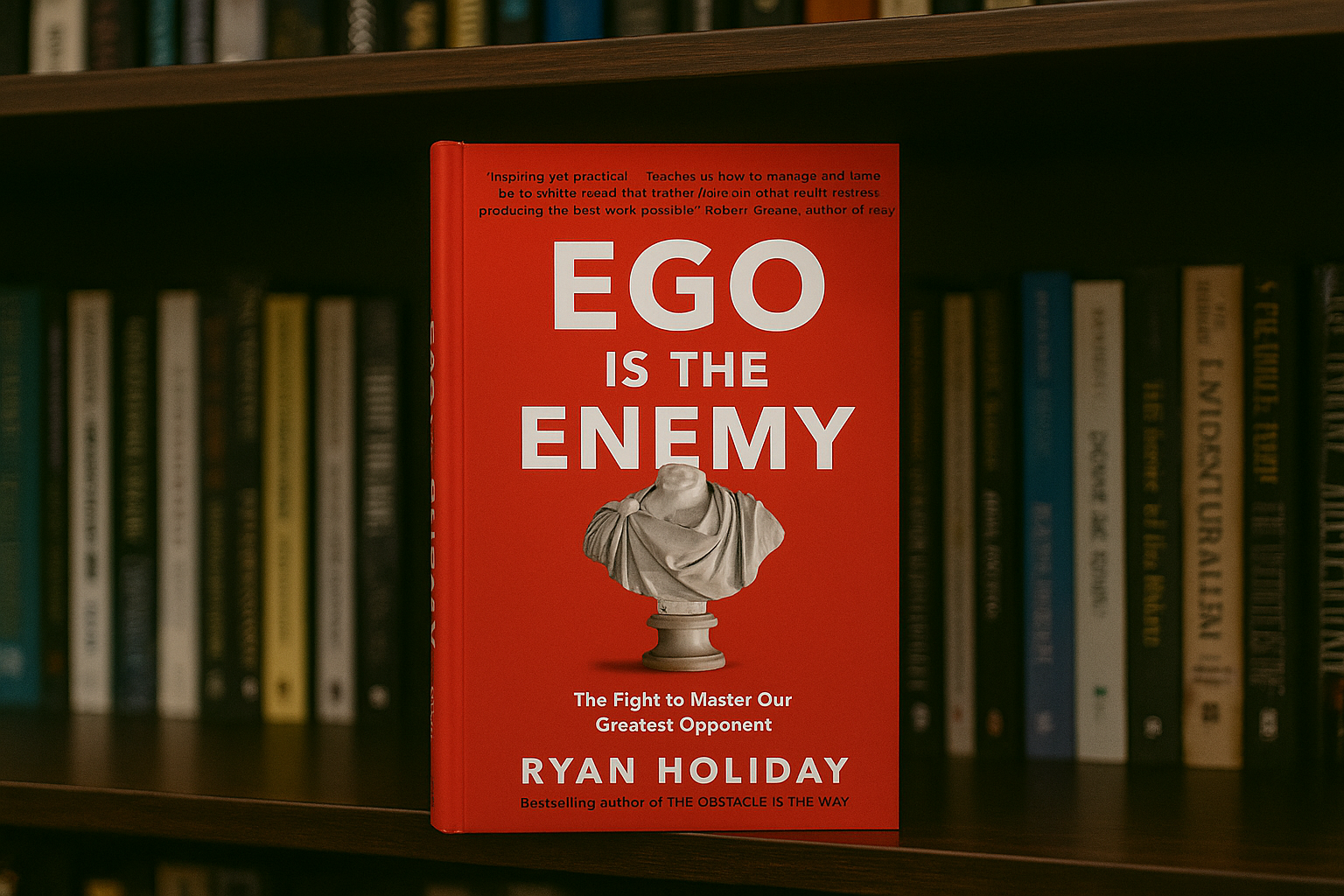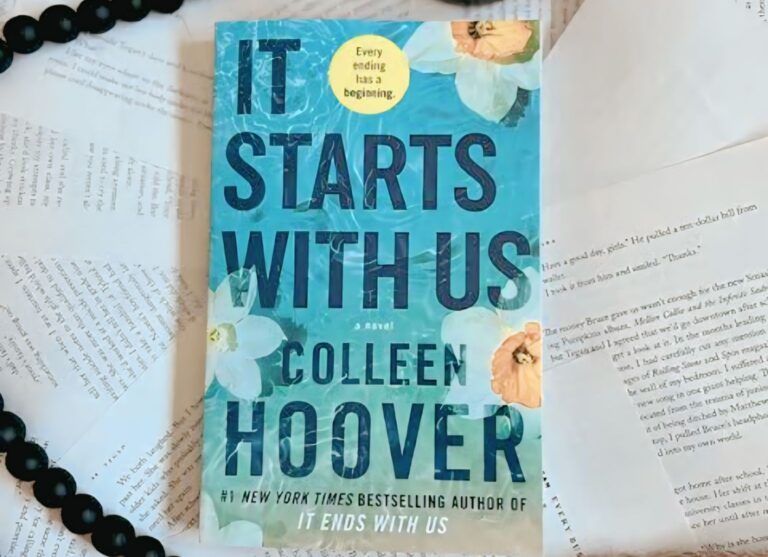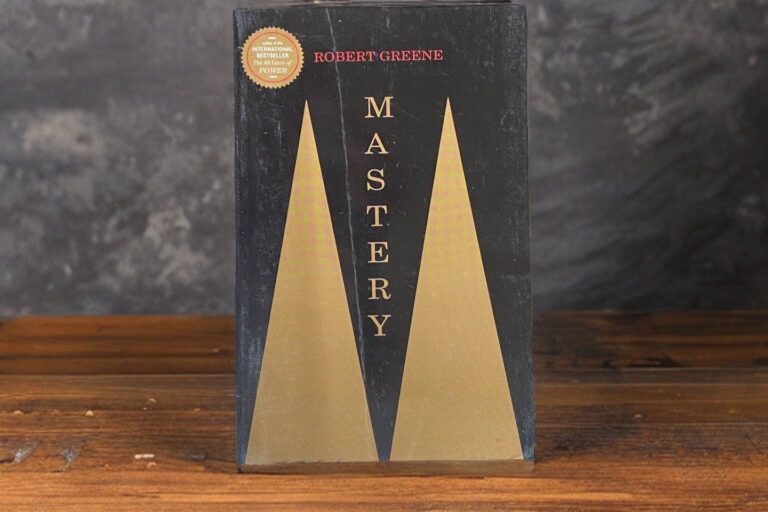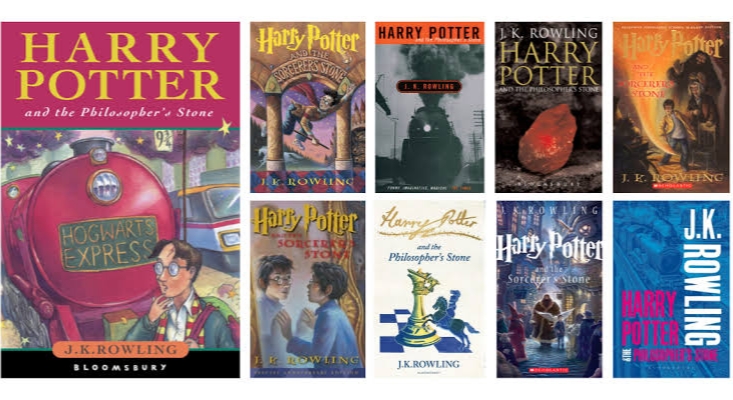
In a world driven by noise, self-promotion, and relentless comparison, Ryan Holiday’s Ego is the Enemy stands out like a whispered truth — quiet, piercing, and uncomfortable. It is a call to self-awareness, a confrontation with our deepest weaknesses, and a guide toward real greatness.
Holiday doesn’t offer feel-good affirmations. Instead, he holds up a mirror. And for those brave enough to look into it, Ego is the Enemy becomes not just a book — it becomes a turning point.
Summary: What Is Ego is the Enemy About?
At its heart, Ego is the Enemy is about the one thing that quietly destroys ambition, sabotages success, and blinds us in failure: ego. Ryan Holiday divides the book into three distinct stages of life and career:
- Aspire – When we dream, plan, and begin.
- Success – When we start to win, gain recognition, and build.
- Failure – When things collapse or we stumble.
In each stage, Holiday shows how ego infiltrates — distorting decisions, ruining relationships, and clouding judgment. Unlike confidence, which is rooted in self-awareness and preparation, ego is arrogance without substance. It’s the false voice that says we are more than we are and blinds us to what we must become.
Drawing from Stoic philosophy, military history, sports, and business legends, Holiday weaves together stories of men and women who rose and fell at the hands of ego. His writing, sharp and unpretentious, becomes a wake-up call in a world obsessed with personal branding and outward success.
The Nature of Ego: A Hidden Saboteur
Ego is seductive because it wears a mask — often disguised as ambition, self-confidence, or “hustle culture.” But underneath, ego is fragile. It needs validation. It panics in silence. It thrives on recognition and dies in solitude.
Holiday explains that ego is not confidence — it’s delusion. And it doesn’t show up only in success; it festers in failure too. Whether you’re an aspiring writer or an accomplished CEO, ego can creep in, whispering lies that sound like truth:
- “You’re special.”
- “You deserve more.”
- “They don’t understand your genius.”
The danger is not in having dreams — it’s in believing the dream is already real before the work is done. Ego clings to potential but fears effort. It prefers attention over mastery.
Stage I: Aspire – Humility in Beginnings
At the start of our journey, Holiday insists that humility is the key to progress. We often want to be someone rather than do something. We seek applause before we’ve earned it. But ego in the aspiration phase leads to premature pride, false confidence, and shallow learning.
“Impressing people is utterly different from being truly impressive.” — Ryan Holiday
Through stories of visionaries like Kirk Hammett and mentors like William Tecumseh Sherman, Holiday shows how real progress requires a quiet dedication to craft. The ego wants spotlight — but the soul needs discipline.
Stage II: Success – The Ego Trap of Accomplishment
Success is dangerous not because of what it brings — but because of what it reveals. As soon as we begin to succeed, ego tells us we are invincible. We stop listening. We start talking. And we surround ourselves with people who echo, not challenge, our voice.
Holiday gives examples of figures like Howard Hughes, whose genius was consumed by his ego, and others like Angela Merkel and Bill Belichick, whose humility in power preserved their clarity.
In success, ego turns competence into arrogance and progress into self-sabotage. But those who remain grounded view success not as an identity but as a responsibility.
Stage III: Failure – Ego’s Collapse
In failure, ego becomes the loudest voice. It blames. It complains. It refuses accountability. Instead of learning from defeat, ego makes excuses and distracts us from reflection.
Ryan Holiday uses the story of Katharine Graham and others who faced failure with grace, ownership, and renewal. He reminds us that pain is not the enemy — resistance to pain is.
The only way to rise from failure is through humility — the kind that accepts mistakes, seeks growth, and walks forward with quiet strength.
Key Lessons from Ego is the Enemy
1. Be a Student Always
Ego says, “You know enough.” But mastery begins where ego ends. Lifelong learning is the armor against arrogance.
2. Detach from Outcomes
Success is never guaranteed. Detaching from applause allows you to focus on process, not praise.
3. Don’t Believe Your Own Hype
You are not your reputation, your follower count, or your title. Ego feeds off external labels. You are your actions, not your image.
4. Silence Is Strength
In a world that rewards noise, choosing silence is rebellion. Let your work speak — not your words.
5. Remain a Work in Progress
Even in success, remind yourself: “I’m still learning.” Ego hates this — but growth depends on it.
Quotes That Cut Deep
Here are a few striking quotes from Ego is the Enemy that echo long after the last page:
- “Ego is the enemy of what you want and of what you have: Of mastering a craft. Of real creative insight. Of working well with others. Of building loyalty and support. Of longevity. Of repeating and retaining your success. It repulses advantages and opportunities. It is a magnet for enemies and errors.”
- “Those who know do not talk. Those who talk do not know.” — Lao Tzu (quoted by Holiday)
- “You can’t learn if you think you already know.”
- “Almost always, your road to victory goes through a place called ‘failure.’”
Each quote is a wound and a warning — a call to stop feeding the ego and start listening to life.
Emotional Reflection: A Personal Take
Reading Ego is the Enemy feels like having a difficult but necessary conversation with yourself. It’s not a comforting book. It challenges your self-perception. It makes you question whether your hard work is truly fueled by passion — or poisoned by pride.
As someone who’s struggled with comparison and self-image, I found the book more like a mirror than a manuscript. Holiday doesn’t just write; he reflects. And in those reflections, I saw parts of myself — the desire to be seen, the hunger for praise, the fear of obscurity.
But the greatest gift this book gave me was permission to be quiet — to stop shouting for attention and start building, slowly, with intention.
Why You Should Read Ego is the Enemy
This book is not just for leaders or creatives — it’s for anyone who wants to live a meaningful life. Whether you’re in school, running a business, starting a side project, or healing from failure, Ego is the Enemy speaks to your core.
It doesn’t promise overnight transformation. It promises discomfort — the kind that leads to clarity. In a culture obsessed with visibility, this book whispers a radical truth: humility wins.
FAQs About Ego is the Enemy
1. Who should read Ego is the Enemy?
Anyone struggling with overconfidence, fear of failure, or toxic comparison — from students to entrepreneurs.
2. Is this book part of a series?
Yes. It is part of Ryan Holiday’s trilogy on Stoic wisdom, including The Obstacle is the Way and Stillness is the Key.
3. How long does it take to read?
The book is around 250 pages and can be read in 6–8 hours, but it demands slow, reflective reading.
4. Is it motivational?
Not in the traditional sense. It is transformational — confronting rather than comforting.
5. What’s the main takeaway?
Ego blinds you to truth. Humility leads you to greatness. Master the ego, and you master your life.
Final Thoughts: A Quiet Revolution
Ego is the Enemy is more than a book — it’s a quiet revolution. In a world that teaches you to stand out, it teaches you to step back. In a time that values charisma, it reminds you of character.
Ryan Holiday doesn’t ask you to kill your ego overnight. He invites you to see it — to understand its whispers and resist its pull. And in that resistance lies your freedom.
If you are ready to stop performing and start transforming, Ego is the Enemy is the book you’ve been avoiding — and the one you now need.
Suggested Read Next:
The Obstacle Is the Way by Ryan Holiday – Summary & Lessons
Share this article:
If Ego is the Enemy moved you, share this with someone who’s chasing growth — not applause.






